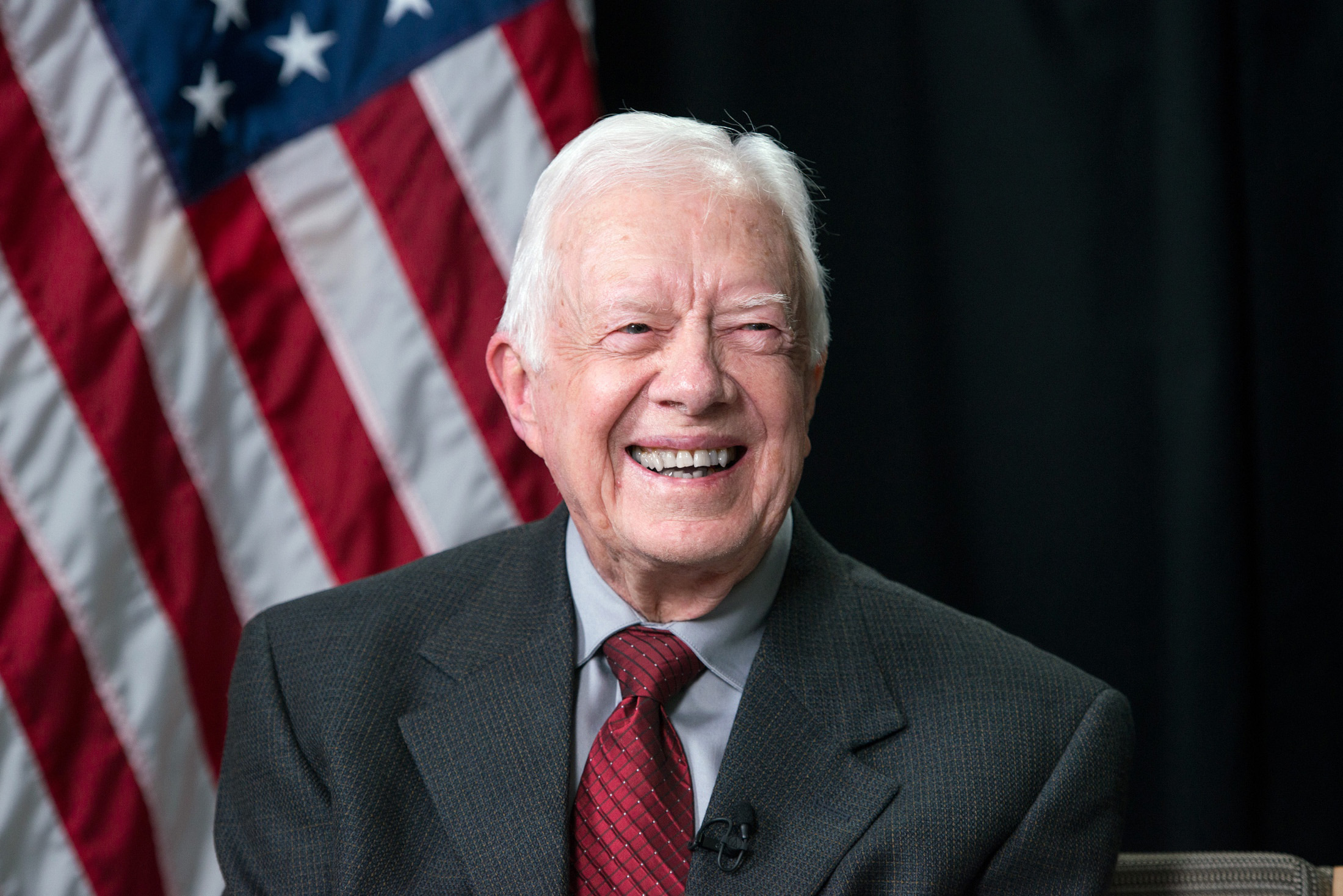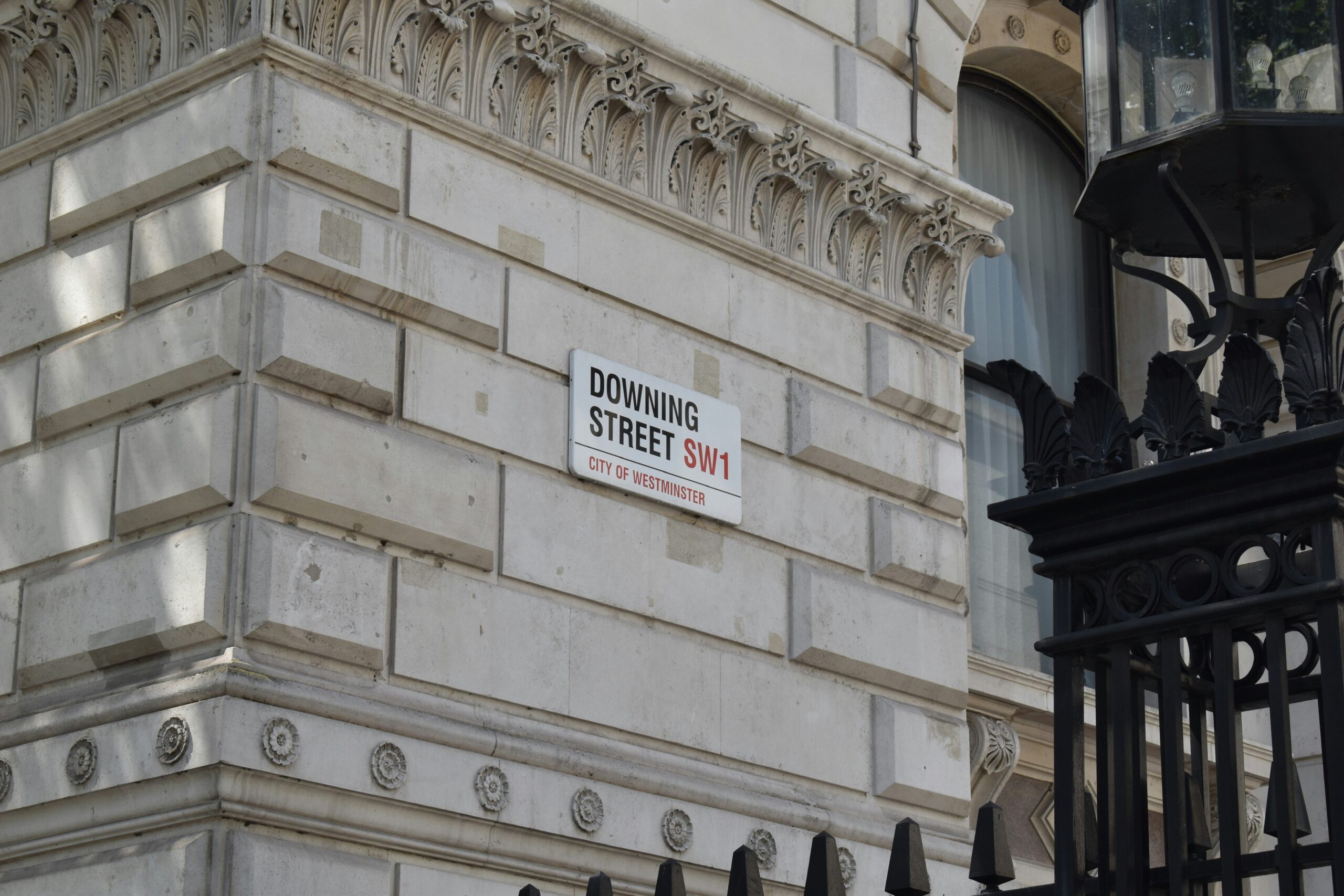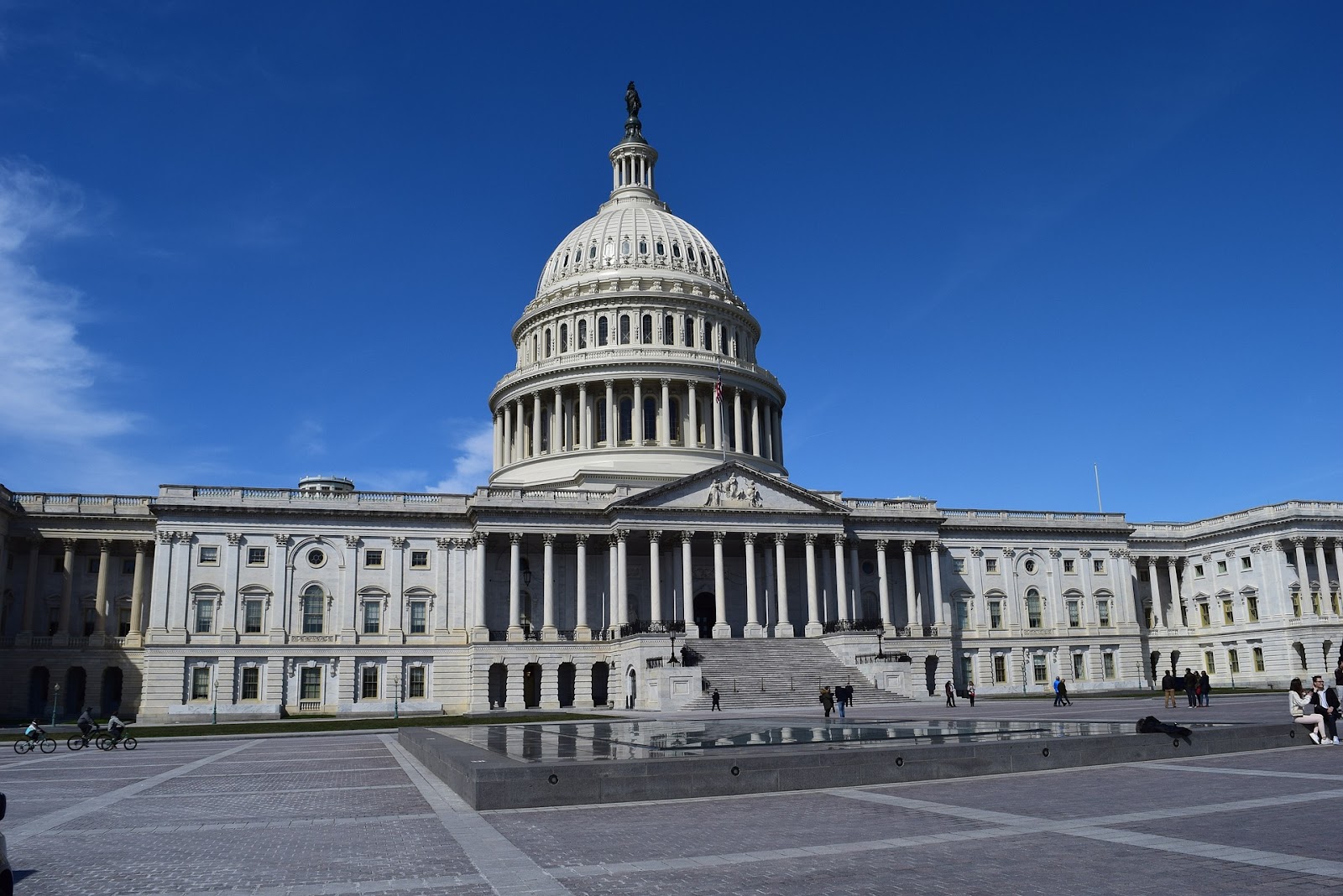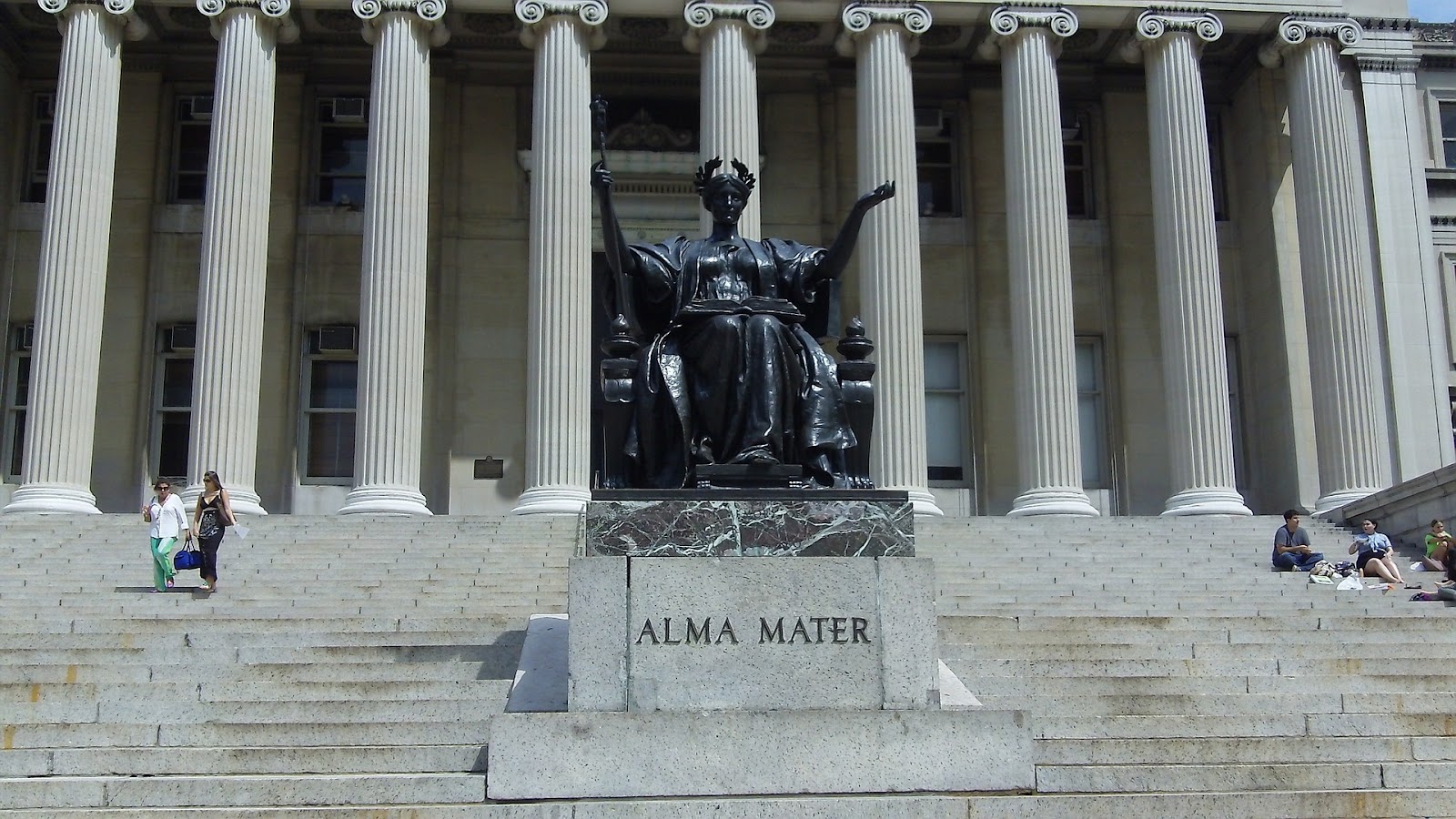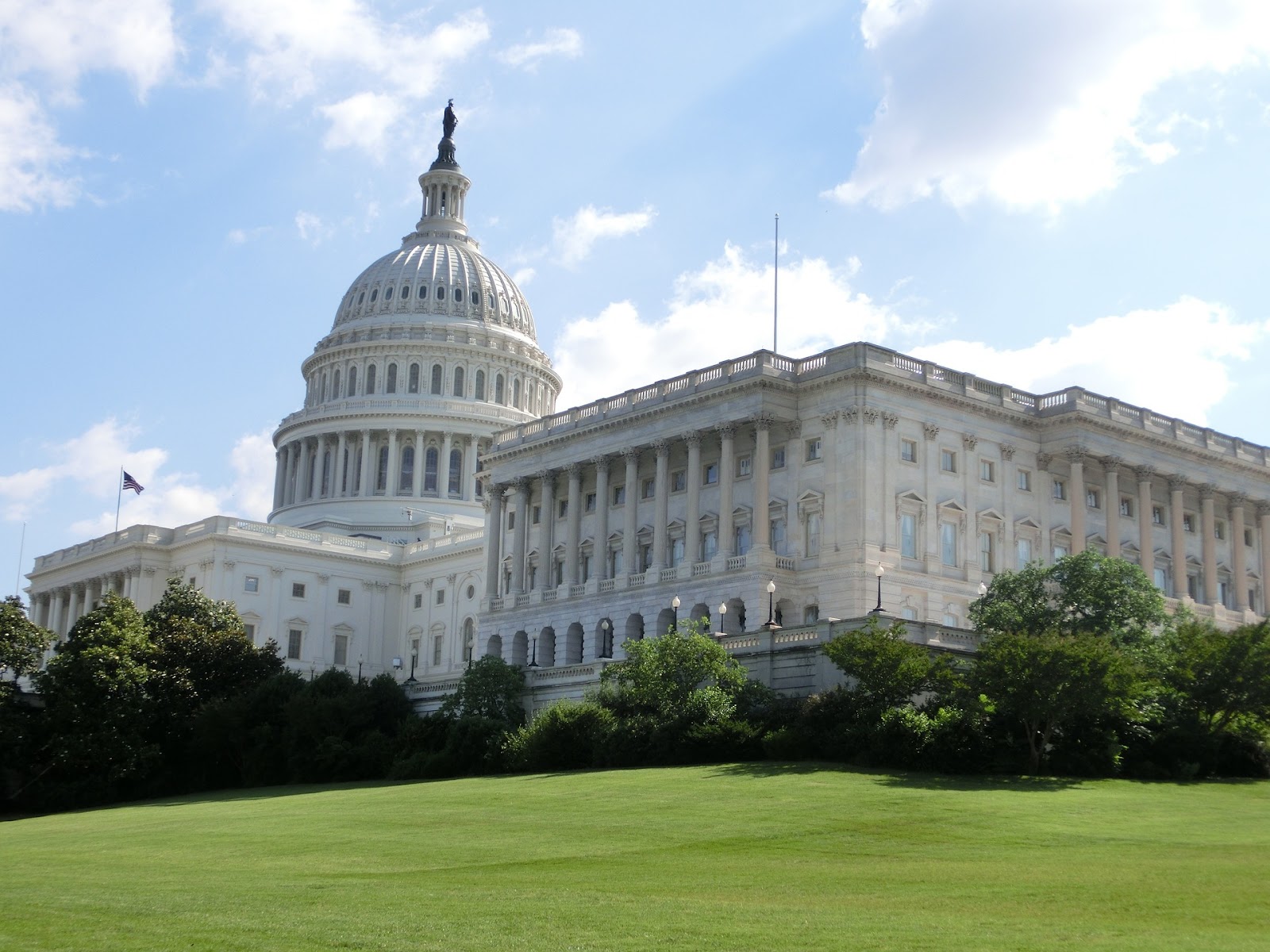With challenging budget cuts impacting essential programs, philanthropy from a generous billionaire is stepping in to ensure the continuation of a vital initiative for NYC youth. In the face of dwindling funds, two City Council members successfully secured private financing to sustain free swim lessons for 2,000 second graders set to begin in June.
New York City lawmakers faced a significant dilemma as deep budgetary slashes occurred across various city programs. Many public swimming pools are absent in over a third of the city’s Council districts, disproportionately affecting low-income children’s access to this essential life skill. The City Council responded by passing a bill mandating the Parks Department to offer complimentary swim lessons to second-grade students in public schools, contingent upon the allocation of city funding. However, as Mayor Eric Adams executed budget reductions across multiple agencies, including the Parks Department, the program’s fate hung in the balance.
Council member Julie Menin, the bill’s sponsor, and a Manhattan Democrat, turned to philanthropy for support, reaching out to the Gray Foundation, known for its prior contributions to a college savings program for public school students. Jonathan D. Gray, co-founder of the Gray Foundation and billionaire chief operating officer of the investment firm Blackstone, emphasized the importance of philanthropists staying committed to addressing the acute needs of low-income children.
The Gray Foundation’s generous $1.5 million donation will fund a pilot swim program, benefiting 2,000 second graders with lessons conducted near their residences. The initiative allows flexibility, offering intensive classes during the summer or weekly sessions throughout the school year.
The program aligns with a broader initiative to combat child drownings and address racial disparities in swimming education. Governor Kathy Hochul has declared the expansion of swimming access a top priority for the state. Drowning stands as the leading cause of death for children aged 1 to 4 and the second leading cause for those aged 5 to 14. The alarming racial disparities in swimming abilities further emphasize the significance of addressing this equity issue.
New York City Council members note that many low-income communities of color lack access to free pools and swim lessons. Shekar Krishnan, chair of the Council’s Parks and Recreation Committee, reveals that his Jackson Heights and Elmhurst in Queens district lacks a single public pool, and many council districts citywide similarly lack this essential resource. Asphalt Green, a nonprofit organization providing swim classes in Manhattan, will oversee the privately financed swim program. The program aims to work with a network of pools across the city, affirming the significance of equitable access to swim education.
Despite the challenges municipalities face, including lifeguard shortages and pandemic-related disruptions, the initiative strives to ensure that New York City’s youth receive fundamental swimming skills. The ultimate goal, as Ms. Menin and Mr. Gray envisioned, is expanding swim lessons to encompass all second graders, aligning with the original intent of the Council legislation. The program focuses on teaching children essential skills such as treading water for 30 seconds and swimming 20 yards in open water. These effective measures equip program members with the abilities needed for a lifetime of water safety.
















































